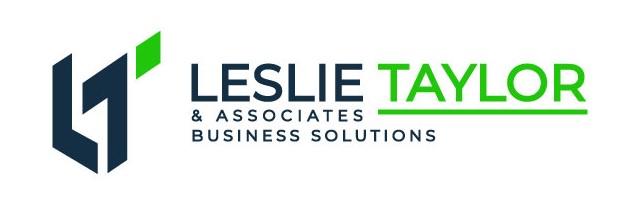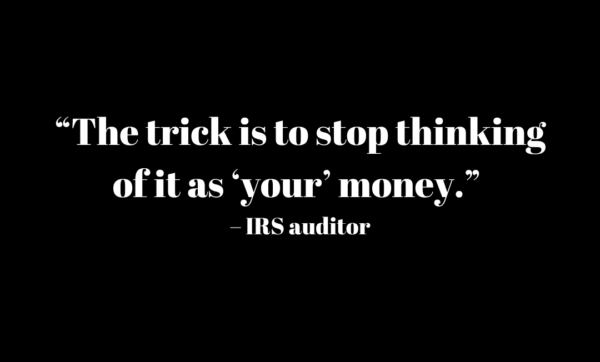The tax man cometh for all Americans. No one enjoys paying them. But unlike those who work for an employer and receive a salary, it can be extremely difficult for business owners to determine exactly how much they will owe in taxes. There are a few reasons for this, but the main reason is that business owners don’t exactly know how much revenue their business will generate in a given year. They may plan, set sales goals, hope, and pray, but no business owner knows exactly what the year will hold.
What are Estimated Taxes?
The IRS requires that Americans pay taxes throughout the year as they earn income. This occurs in one of two ways; withholdings or estimated tax payments.
Withholding is what happens when an employee has taxes withheld from their paychecks and paid to the appropriate entities (federal, state, local entities, social security, Medicare). This happens with every paycheck.
Estimated tax payments are the other option when withholding is either not occurring or when not enough money is being withheld throughout the year. Estimated taxes are a way for those not paying through withholding to stay up to date in their tax payments and avoid paying late penalties. Estimated taxes are paid four times a year on April 15, June 15, Sept. 15, and Jan 15 of the following year.

Who Must Pay Estimated Taxes?
Based on the two scenarios described above, many types of business owners are required and should consider paying estimated taxes to avoid paying late penalties. If you aren’t paying any taxes through withholding, you likely need to be paying estimated taxes. Generally, those who need to pay include those who are self-employed, freelancers, independent contractors, partners, investors and shareholders who receive dividend income, and rental property owners, to name a few.
Where Should You Go from Here?
- Get your house in order
The first step is having up-to-date and accurate financials, so you know how much revenue was generated in the business, as well as how much was spent on expenses (which determines deductions). Ideally, you would have this information before the end of the year, when it is too late to do anything about it.
- Speak to your tax pro
The amount of taxes owners may owe and the method of payment of those taxes are based on several unique factors. Some of these factors include:
- How your business is set up, the legal structure
- How much revenue was generated by the business
- Total household income
- Whether you or someone in our household has a job and is paying taxes through withholdings
- The amount of deductions you are entitled to receive
- The list goes on…
It helps to understand your unique situation before the end of the year so that you have time to act if you need to. April is too late to maximize deductions for the previous year. Armed with clean financials from my point above, you will be able to present your tax professional with what they need so they can develop the best tax strategy for you and your business.
- Segregate it
If your tax pro recommended estimated taxes, then begin setting money aside— segregate that money. Set up a separate bank account and begin moving money over as you earn income based on her or his recommendation. Don’t touch the money until it is time to pay those taxes!
If you need immediate support getting your numbers organized, we can help. As business solutions experts, we have helped dozens of businesses untangle complex issues and clarify a path to greater profitability. Schedule a Discovery Session with us today.

